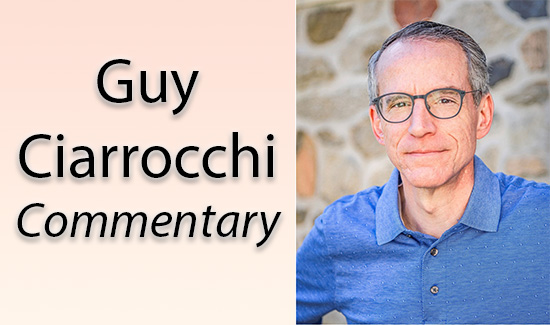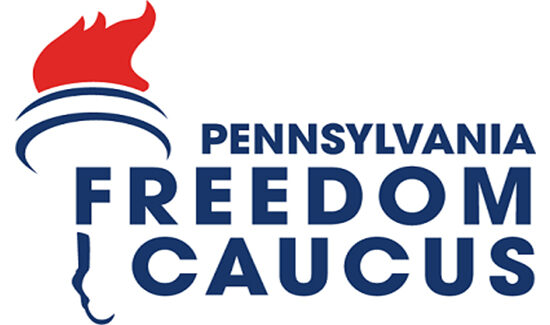Why Won’t Suburban Progressives Support Lifeline for Urban Kids?
![]()
Why do they care? Why do politicians block legislation? Give angry speeches?
When it comes to Lifeline — offering scholarships to students attending the worst schools, mostly from the poorest families — why do some politicians get so worked-up, offering thundering speeches in the House of Representatives, on social media posts, and at rallies?
Lifeline scholarships are quite simply a legislative rescue-plan — a lifeboat — that would offer parents and guardians the option of using aid to remove their child from a demonstrably failing school and send him or her to another school — public, religious, independent, private. Lifeline schools’ assessment test scores are in the bottom fifteen percent in the state. Less than a third of students tested at grade-level. And in many cases, the percentage scoring at a school’s grade-level is single-digits, a few at zero — meaning there are literally no students who can read or do math at grade-level.
To anyone who cares about our society — to any parent — this is gut-wrenching.
And, to raise the awkward point: why do primarily white, suburban, middle and upper-middle class, progressive Democrat legislators want to keep primarily black and Hispanic students in failing, often urban, public schools? These are schools they would never send their kids to, in neighborhoods they’ve likely never been to or wouldn’t be there but for a photo op. I readily concede that Republican politicians aren’t always motivated by what’s “right.” I cannot promise that every Republican “yes” vote for Lifeline was motivated by the best intentions. Nonetheless, voting yes for Lifeline is a good — even, moral — vote to help poor kids trapped in failing schools.
Why don’t they trust the parents to find a better school?
Imagine your child being trapped in one of those schools, without the resources to move or to send your child to a private school, or a Catholic school costing “only” $4,400/year. (In Philadelphia, there are 30,000 students on “waiting lists” for public charter schools because the politicians won’t allow the current charters to grow and won’t allow new charters to open.)
To paraphrase Governor Shapiro, these are all “children of God.” Why do politicians want to keep kids in these failing schools? And, why are they fighting to keep them trapped? Why don’t they trust parents?
As someone who’s been championing parental choice for years, I have a strong idea of what is motivating many of the opponents. Spoiler alert: it’s not about helping students.
The old, tired excuse is that plans like Lifeline “steal money” from public schools. That argument is clearly wrong when it comes to Lifeline. The state budget that passed both the House and Senate grants an additional $714 million toward public education spending. It’s the largest increase ever, one year after the largest ever one year increase. And, if Lifeline disappeared from the budget tomorrow, public schools wouldn’t get one more dollar.
Arguing that Lifeline “steals money” from public schools is factually wrong. It wrongly implies that only “public schools” are entitled to any education spending. Second, since Lifeline exists on its own, one might as well argue that funding more state police and offering tax breaks to nurses (this budget does both) “steals money from public schools.”
Bizarrely, some opponents offer the argument that Lifeline doesn’t offer enough money to make a meaningful impact. Lots to unpack there.
Why are legislators living in some of the best school districts so opposed to rescuing the students attending the worst schools, from some of the poorest families?
Opponents fear that “too many” will apply for the $100 million allocated. Lifeline could allow 20,000 students to be rescued — to leave a school that’s failing them. That’s very significant. 20,000 is greater than the population of West Chester.
Not enough money to help students in failing schools? How about $714 million in additional public education spending? (Currently there is $5 billion in school district reserves across the state.) And, add to that $100 million for Lifeline. Not enough money to matter? How much is enough?
If opponents genuinely believe $100 million isn’t enough to support everyone who wants to leave, what does that say about how many want to get out? If demand will be greater than $100 million, add money to it. Don’t cancel it. Again, why keep them in failing schools?
The insanity continues. Some opponents suggest Lifeline proponents will “line their pockets” with scholarship money. Taking Catholic schools in our region as an example: In Philly, the suburbs, and Reading, the average elementary school tuition is between $4,300–$5,500 per student. In our region, a typical public school district spends $15,000–$25,000 per student.
Obviously, the only way parochial schools can operate is lower overhead — e.g., less bureaucracy — and the reality that parishioners and local businesses donate money to keep the schools solvent. Lifeline would offer eligible students a maximum of $5,000 for elementary school. So, who’s “lining their pockets?”
Lifeline isn’t perfect, but it would rescue and immediately help 20,000 students. This also allows public schools to spend more money per student, with better teacher-student ratios.
As for being imperfect or not enough, let’s use common sense and compassion. When the Titanic hit the iceberg and began to sink, no one suggested turning the lifeboats away because “everyone” couldn’t be saved.
This budget contains the largest increase in public school funding ever, the highest per pupil spending and better teacher-student ratios in failing schools, and 20,000 students getting a new chance at success.
As the debate over Lifeline and the state budget continues, ask yourself: why would we continue to force students to attend failing schools that aren’t working for them? Why not trust parents and give them choices? How else could we change the lives of thousands — tens of thousands — of students immediately?
Why are legislators living in some of the best school districts so opposed to rescuing the students attending the worst schools, from some of the poorest families?
Guy Ciarrocchi is a Fellow with the Commonwealth Foundation. He writes for Broad+Liberty and RealClear Pennsylvania. Follow him @PaSuburbsGuy.




